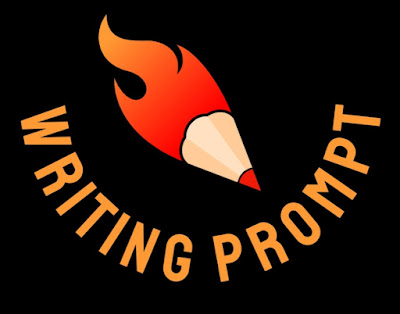A Quickie on Novel Writing for the Novice Writer
by Ryker J. Phoenix
Novel Writing is an exhilarating, creative activity that allows us to explore our imaginations and create captivating stories. It allows us to discover new characters and explore the depths of our own minds. Writing a novel also helps us learn to express ourselves and build self-confidence. Even if you are an amateur writer, tackling the task of writing a novel can be an enriching and rewarding experience.
To begin your journey into novel writing, start by brainstorming ideas and researching potential topics. Think about areas of interest or recent events that you may be familiar with in order to devise storylines and characters. Once you have a few ideas, narrow down your focus and decide on the overall theme of your novel. Consider questions such as the genre, age group, character personalities, and setting.
Once the basic ideas and foundation for your novel have been established, writing will become a more concentrated effort. Clearly define the beginning, middle, and end of your story while creating outlines and summaries. Build up a picture of your characters, decide on any supporting plots, and create detailed settings.
The most important factor when it comes to novel writing is consistency. Set yourself a writing schedule and stick to it as much as possible. Write consistently each day and use this time to make sure your story progresses logically and each character is given depth. Include elements of suspense in order to keep the reader engaged and create anticipation for what will happen next.
Make sure you take regular breaks from writing to clear your head and come back to it with fresh eyes. Seek feedback from friends, family members, or colleagues to get an outside perspective of your work. Read other published novels in order to gain inspiration from established authors.
Writing a novel can be both fulfilling and challenging, but ultimately it is an enjoyable and worthwhile experience. Allow yourself to be creative and don’t be afraid to push your boundaries. You may surprise yourself with the results. Happy writing!





.jpg)